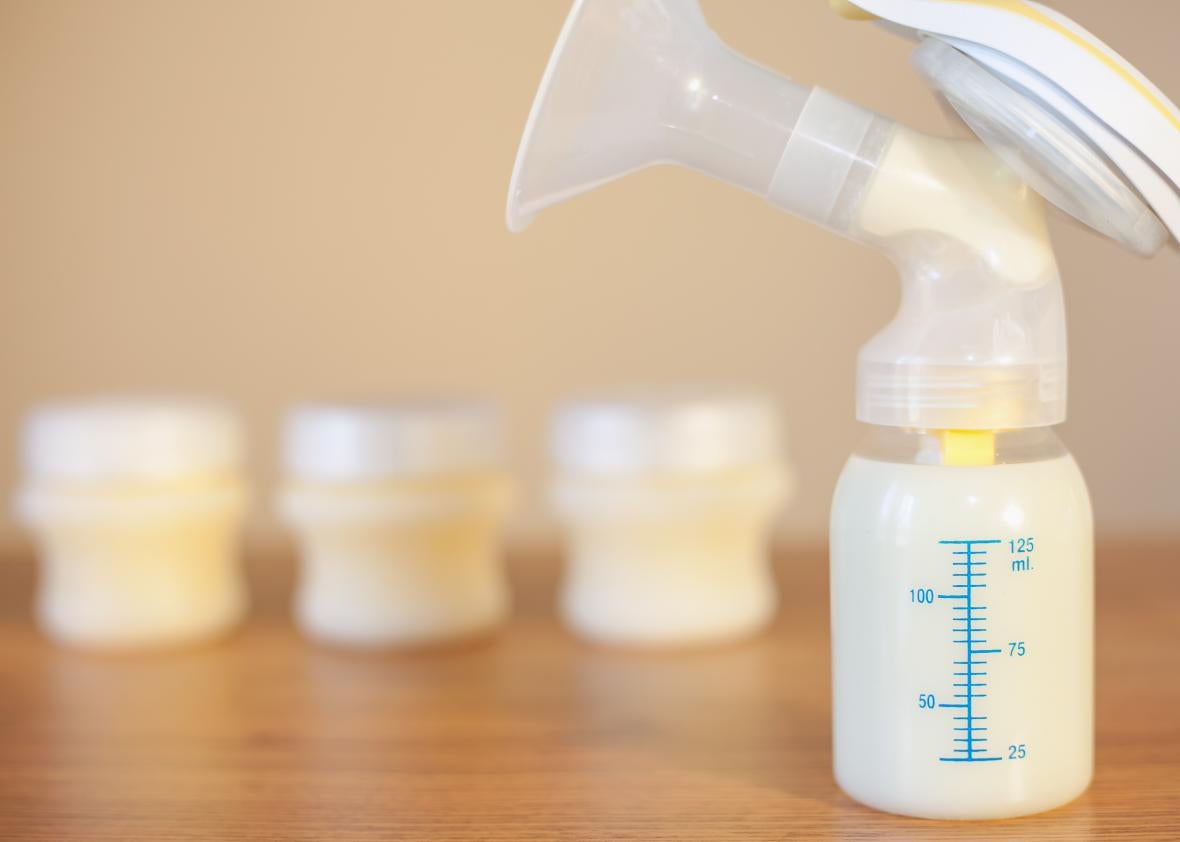A Marriott employee in California is suing the hotel chain for discrimination under both state and federal law, alleging that Marriott denied her legally mandated lactation breaks. Marriott says it was not required by law to give plaintiff Mary Gonzales, a cashier and accountant at the LAX Marriott, breaks to pump breast milk because Gonzales is a gestational surrogate, not a mother with an infant at home.
The suit could expand legal grounds for claims of sex discrimination. In a motion to dismiss filed to the U.S. District Court of Central California, Marriott claimed that, since it allowed other members of Gonzales’ protected class (women) to breastfeed, Gonzales’ case for sex discrimination is bunk. On Wednesday, Judge Margaret M. Morrow denied the motion. “A reasonable jury could conclude that Gonzales was subjected to the treatment she was because Marriott perceived she did not conform to stereotypical views of how women act as it relates to motherhood or child bearing,” she wrote in her decision.
As a surrogate, Gonzales gave birth in April 2014 and, upon returning to work in June, took two 30-minute breaks each day to pump breast milk to send to the child’s parents. Once her obligation to send milk to that family ended at the end of the month, she decided to continue pumping for the “personal health benefits” of lactation and to donate to the Preemies Milk Bank and women who are unable to breastfeed. Gonzales alleges that her boss told her she could continue taking lactation breaks for another 30 days; when those 30 days were up, she began using her 30-minute lunch break instead, and ate lunch during her 10-minute morning rest break. As a result, Gonzales says, she suffered from clogged ducts, breast pain, blisters, and loss of sleep as she had to pump at night.
Gonzales says she offered to bring in a note from her doctor attesting to the benefits of her continued breast pumping, but her boss refused. “Marriott’s dismissal of the ‘personal health benefits’ of lactation—which it compares to ‘exercising during the workday’—is unfounded,” Morrow wrote in her response to Marriott’s dismissal motion. “Whether it is ‘reasonable’ to require an employer to accommodate an employee’s desire to express milk that she intends to donate or sell is a question of fact for the jury.”
Gonzales’ suit raises the question of whether employers have the right to know why an employee is pregnant, and what she plans to do with the pregnancy, in order to determine whether or not she deserves workplace accommodations such as lactation breaks. Gay-rights advocates have already used expanded definitions of sex discrimination to gain traction in court. Morrow’s decision suggests that surrogates—and anyone who pumps breast milk without an infant to care for at home—might have standing as a segment of a gender-based protected class, too.
